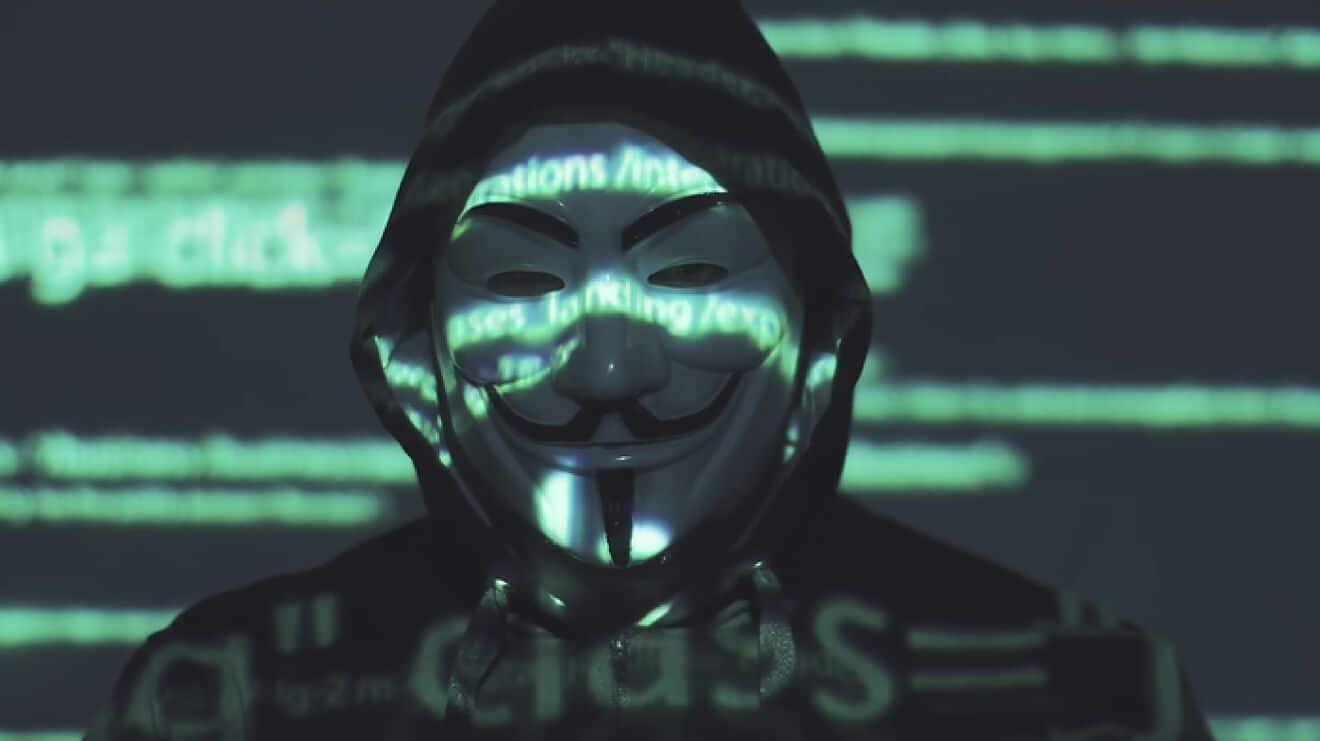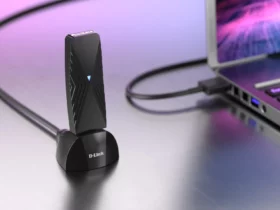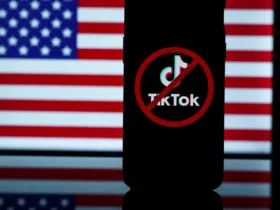Economic sanctions, freezing of assets and dispatch of armaments. Europe thus responds to the invasion of Ukraine planned and carried out by Putin. Anonymous instead he chose another path, that of cyber war, the cyber war. The largest hacker collective in the world took a few hours to deploy and even less to plan a series of cyber attacks that aim to destabilize Russia.
Alongside the traditional war, the one we hoped not to see anymore, another conflict takes shape, invisible but just as dangerous because no, they are not “kids behind a computer”.
Anonymous against Russia
Cyber war has been talked about for years now. We imagined rooms full of expert computer scientists who fumble with strings of code to be able to take possession of enemy drones, perhaps to drop bombs or even just to spy on what happens in otherwise inaccessible territories. We painted scenarios where vengeful nerds took over self-driving cars to attempt the life of some high-level politician or, even worse, to use them as bullets, aimed at full speed at sensitive buildings and targets.
Cyberwarfare, however, is none of this. Attacks are less lethal (fortunately) but more orderly and targeted.
And they are on both sides.
Russia targeted government sites and Ukraine’s banking system early on, using malware that can erase terabytes of data and DDoS attacks designed to make many portals inaccessible. The Russian authorities said they had nothing to do with these events but the reality seems different. That is why Ukraine has prepared inevitable countermeasures: if Kiev were to fall, all data would be deleted from Ukrainian servers and transferred abroad.
The answer to this virtual attack was Anonymouswhich has declared war on Russia.
The collective has The site of the Russian Defense Ministry, the Kremlin and a number of other government sites attacked and knocked out.
The attacks were followed by a message with which Anonymous asked Vladimir Putin to “Restore the rights of the Ukrainian people and resign”. The collective also specified that attack operations on government sites will continue, along with a series of actions aimed at keeping Ukraine online.
Probably some of you are thinking “ok, the sites are unreachable but what do you want me to change?”. Understandable but in reality these actions slow down communication and, above all, allow Anonymous to counter information. While government portals were in crisis, the collective hacked state TV for convey information about what is really happening in Ukraine.
“Really” because Putin’s government has been spreading false news for months now, portraying Zelensky’s government as Nazi and illegitimate. In short, for at least a part of the Russian population, the invasion stems from the need to free the Ukrainian people.
The invisible war therefore serves to open Russia’s eyes, hoping that the discontent of the people will serve to make Putin give up.
What if it doesn’t work? Well, we always have attacks that can disrupt government and bank sites, damage data, and even cause blackouts in cities.
But be careful: this applies to both fronts. And it is not certain that all of this will remain confined to Russia and Ukraine. Tomorrow the Russians could do the same with any other country in the world.














Leave a Reply
View Comments